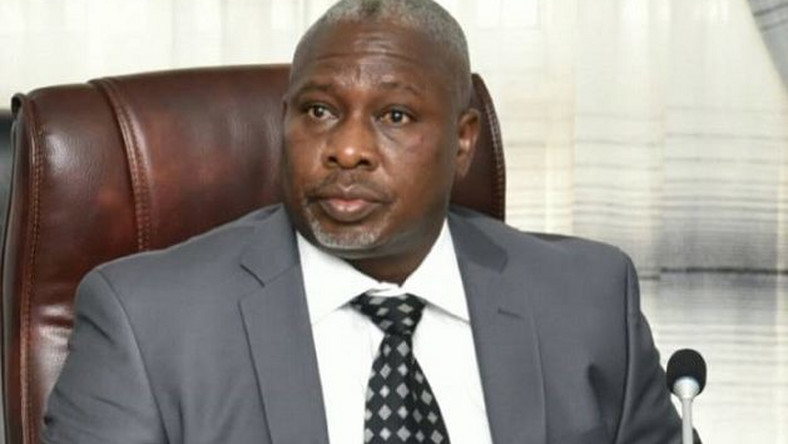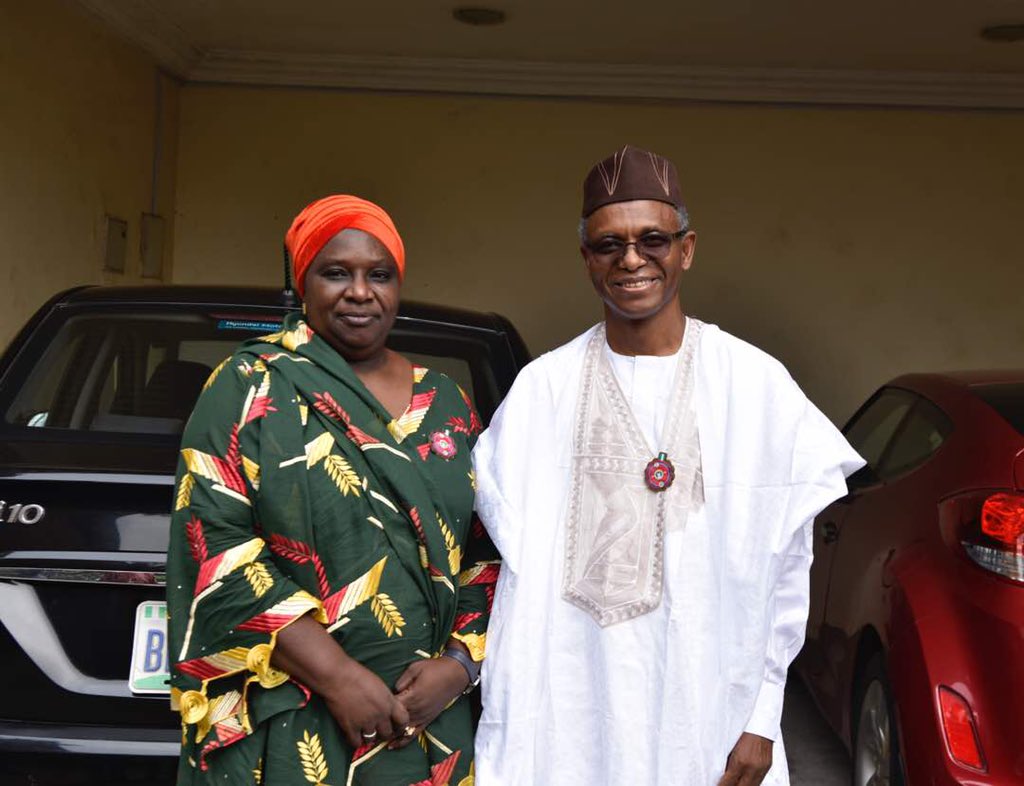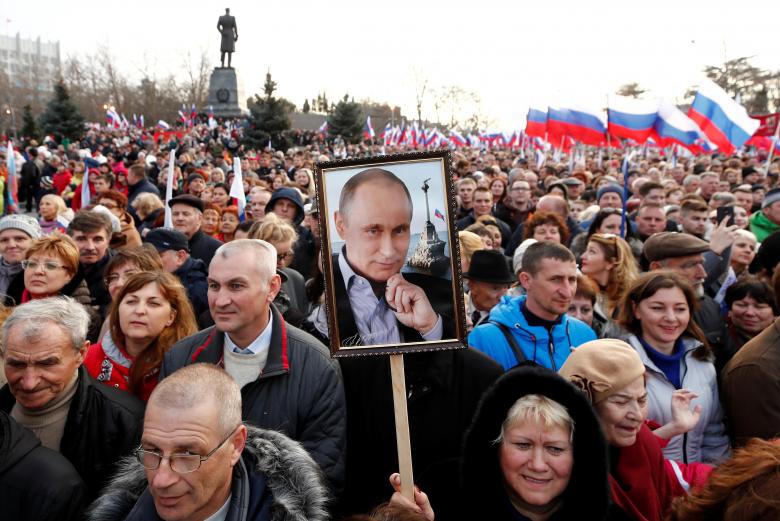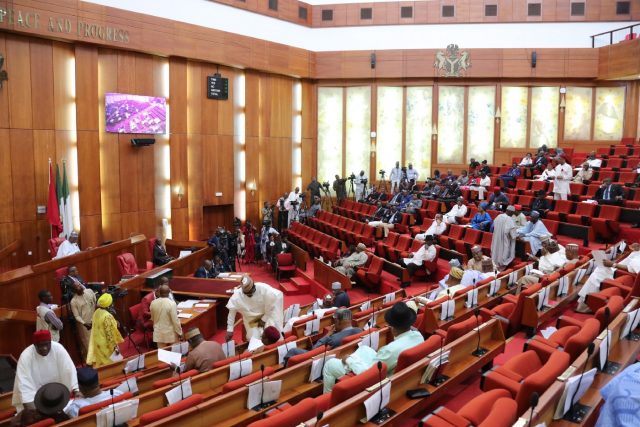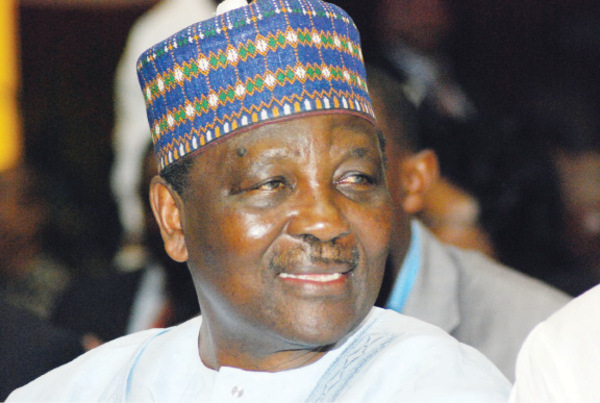Diaspora Nigerians living in the ‘First World’ have a dim view of the rest of us who live in Nigeria on the subject of taxation, and it is about time someone called them out on the tunnel vision they have chosen to give themselves on the subject matter. To the majority of them, Nigerians are spoiled, entitled people who expect and rely on government to do everything for them, yet rail against same government whenever talk of taxation comes up, and that is an unfortunate take because the truth is completely different.
That the average Nigerian has become a government unto themselves is such a popular saying that leaves me wondering the actual meaning of those words is lost on these critical diasporans. It is the reality of Nigerians that we exist and carry on with our daily lives IN SPITE OF government, rather than because we have government. How many Nigerians feel the positive impact of government, despite the fact that we pay all manner of taxes, rates and levies?
When we lived in Shangisha, my gateman sent his son to a school, where he paid N30,000 per term. It was the most ‘affordable’ private school in the neighbourhood, and Umaru sent his son there because, at the end of the day, it was WAY BETTER than the public school in the area. Of course, Umaru did not find it easy doing that — how much do big companies pay their gatemen, let alone a regular, private residence — but it was something that had to be done. I use Umaru’s example which occurred 7 years ago contextually. His experience is the experience of millions of other Nigerians. Our public schools have so degraded, private education is no longer the alternative for the affluent and middle class it once was. It has now become a necessity, with options coming in forms of class of private schools and cost. There is always a private school which fits your pocket, even if that means leaving a gaping hole it it.
Nigerians do not have personal power inverters and private, off-grid solar power alternatives as forms of decoration. These things cost an arm and a leg to deploy. People who use generators do not necessarily have a love for the noise they produce, nor do they derive any pleasures from pouring expensive petrol and diesel libation to the god of environmental pollution. The situation is so bad that when private individuals take it upon themselves to buy a power transformer, either because none exists in their location, or the one(s) in existence are prone to frequent breakdowns owing to overload, it is the law that such transformers automatically become public property once they are powered.
Advertisement
Then there is the issue of estimated billing. In April 2019, the Nigeria Electricity Regulation Commission (NERC) admitted that 57 percent of electricity consumers in the country are yet to be metered, setting a target of 2022 to achieve comprehensive metering. Note that the 43 percent of us whom they claim have meters is because of aggressive rollout in the last few years post-privatization of the power distribution sub-sector. Ours is a society where, even without meters to measure how much darkness you have had to endure, you are still forced to pay crazy amounts in ridiculous electricity bills.
Do Diaspora Nigerians really think if our public hospitals actually did function well, many more of us would patronize private hospitals which inspire a little more confidence and hope? But that is not the case because we are all too aware of the unnerving high odds that we might be walking to our deaths when we go into a public hospital. According to the World Health Organization, approximately 58,000 women lost their lives during childbirth in Nigeria in 2015, with an estimated 800 maternal deaths per 100,000 live births. Compare that number with six maternal deaths per 100,000 live births in Germany in the same year, and you will start to understand my infuriation. How can you, in good conscience, ever compare a scenario that condemns 800 individuals to death with the exact same scenario, but where six regrettably die?
Do you think Nigerians do not know what to do with money when we sink our own water boreholes, or when neighbourhood residential associations come together to buy multiple trips of ‘hardcore’ and gravel to fill up the gullies and potholes on roads leading to their streets and to their homes? How about the amounts we spend providing for our own security? Are your fences as high as ours here? Do you pay for anointing oil and the ‘Blood of Jesus’ like we do here? How many soldiers and MOPOL men do your governors, congress people and mayors have securing them, leaving the rest of you underpoliced like we are here? And it is not like our police to citizens ratio is anywhere close to yours.
Advertisement
The way some Diaspora Nigerians talk down on those of us for daring to criticize the aggressive introduction of taxes used to be amusing, but now I find it annoying. “If citizens do not pay, where will money come from to provide amenities”, you ask? “We pay heavy taxes here in Europe and America!” you declare?
Wow, I did not know that!
Or you think all Nigerians really fancy having to frequently drive long distances? Imagine what it would be like if you Europeans and Americans had to drive to and from work everyday like many of us do here, spending a minimum four hours behind the wheel, simply because of the lack of decent public transportation. Soon, our government will introduce carbon emissions tax for car owners. They will pretend to care about the ozone layer and our collective carbon footprint, providing that as justification when they eventually decide to slam us with the tax. And we will be schooled like children by supporters who will wonder how we can be so bush to not know that is how it is done in saner climes. They will conveniently forget about the effective public transport system they have as ready alternatives in those climes.
Randomly engage a keke marwa/okada rider, cab or bus driver, market trader, corner shop owner, vulcanizer, or anyone engaged in similar economic activity in conversation, and hear them narrate their daily experience at the hands of local government officials, agberos, union workers, police, state traffic management officials, and a myriad of other revenue-collection and bribe-taking agents of government. Most of these things are paid for DAILY. How much do they manage in turnover daily, let alone profit? They accumulate these crazy charges, which of course get transferred to patrons of their businesses, and these practices contribute to the inflation we suffer here, causing the economy untold harm.
Advertisement
The toll plazas introduced by the Lagos State Government on the Lekki-Epe Expressway have been operational for close to 10 years now. Concessioned for 30 years, the road project is supposed to cover a distance of 49.9 kilometres, with an additional 20 kilometres of coastal roads. Way less than half of the road has been completed, their present state leaves a lot to be desired, pedestrian crossings cover only the first eight kilometres (Lekki Toll Gate to Agungi), construction of the coastal roads have barely begun, yet toll fares are still being collected, and have even been increased. One would think the ideal thing is for the projects to be completed BEFORE tolls are even introduced. Lagosians go through all these anomalies, only for us to be lectured by ‘abroad people’ on the place of taxation in society.
We have been paying tax for decades. In fact, my elderly mother was not born when the Aba Women’s Riot of 1929 took place. It was caused by what was concluded to be excessive taxation by the colonial government when, following the successful introduction of direct taxation on men the previous year, they attempted to include women in the nominal roll. A widow who had been asked for the number of people and livestock in her home by a census official, which was to have been used in computing how much she was to pay in taxes (in the same way this government is taxing abandoned yet already-overtaxed Nigerians left, right and centre), had defiantly resisted him, resulting in a scuffle, which ultimately led to the women’s revolt.
So, don’t make it seem like taxation in Nigeria is new. And it affects Nigerians from all walks of life; white collar, blue collar or no collar at all.
My first ever PAYE was deducted from my first salary in February 2006. I have paid so much to the Nigerian state overtime. Pray, tell, what have I gotten in return? What do Nigerians get back from government for all the taxes we pay? I have a small business. I employ people, which reduces the burden of unemployment the government would otherwise have, and also positions these people for government to collect even more taxes from. You do not want to know all the ridiculous rates and levies I pay to a plethora of government agencies at the state level, and that is in addition to being taxed. Yet, I have to spend a huge chunk of my profit generating power. I provide water for the business, that is not from the public water works.
Advertisement
Citizens pay taxes in expectation of some quality service from government. It is a contract. Government has the power to force citizens to pay. Government still bullies citizens into sourcing for alternatives when they fail to deliver on their own end of a straightforward bargain. Then, when citizens even joke about these issues, you get angry and ask why we are “so spoilt”? You tell us that is how citizens fund governments, but maintain silence when it comes to telling us what government should be doing in return, and why they aren’t doing it? Can you possibly live with our kind of dysfunctional government in your countries?
To be direct, I am talking about those of you government supporters who live in societies with functional systems who berate Nigerians for complaining about multiple taxation and introduction of some kind of ridiculous charges (thank goodness a court has ordered for non implementation of the charge on POS). Your support for PMB or any other politician does not make you patriotic. The patriotic ones are those Nigerians, whatever their political affiliations, living in Nigeria and putting in the everyday hardwork in a most frustrating environment to ensure Nigeria keeps going. We are the patriots, not you. Just so we are clear.
Advertisement
Onyegbule is former chief press secretary to Kogi state governor.
Advertisement
Views expressed by contributors are strictly personal and not of TheCable.
Add a comment


